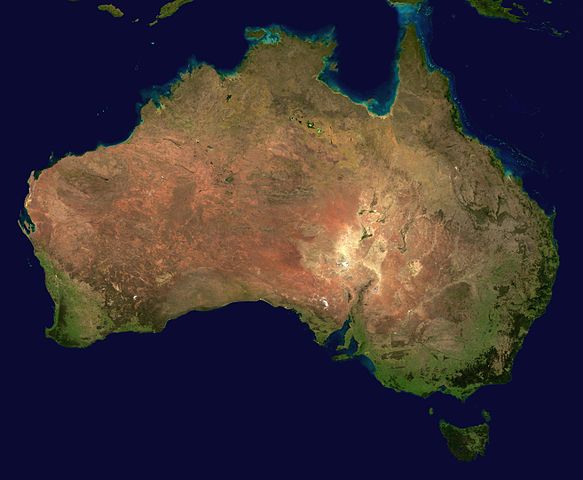In a bid to cut external management costs and handle more asset management duties internally, Australia’s largest pension fund is preparing to hire a team to bring its global equity management in-house.
AustralianSuper’s plan is to bring 40 percent of total asset management duties in-house by 2018.
But for now, the fund is looking to hire a team of managers to manage its global equities investments internally.
From Bloomberg:
AustralianSuper Pty, the country’s largest pension fund, is recruiting money managers as it prepares to start investing in global equities through its own team within a year.
[The fund] expects to have as many as nine people on the new team, said head of equities Innes McKeand, who is traveling to the U.K. next week to interview candidates.
AustralianSuper wants to cut external management costs and aims to manage about 40 percent of its assets in-house by 2018, from the current 15 percent. It already has in-house teams overseeing some of its Australian equities, infrastructure, property and cash holdings and has just hired two managers for Australian small cap investing, McKeand said.
“Global equities is the next big thing” for in-house management, McKeand said by phone Wednesday from Melbourne. “We are just in the process of building the team. In the next nine months to a year we would be funding the team.”
The global equities team will be based in Melbourne and have a mix of Australian and international managers, he said.
AustralianSuper manages $67 billion in pension assets.

